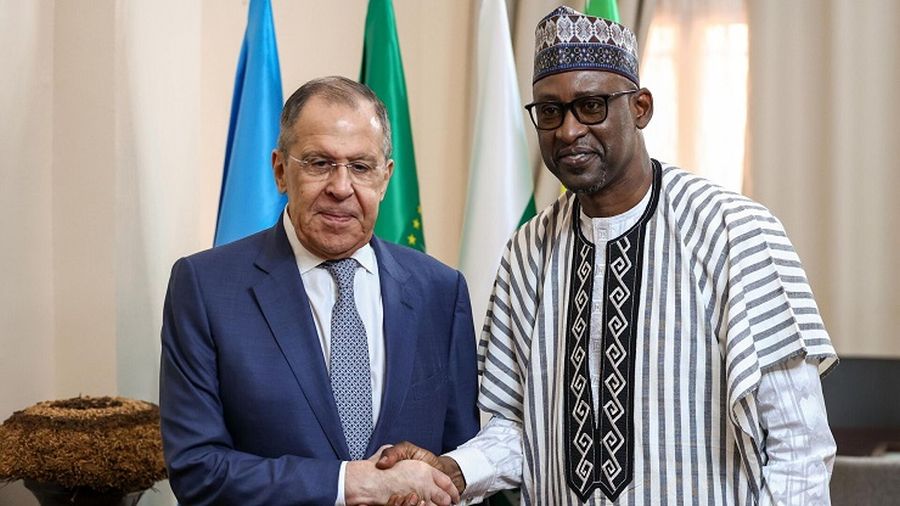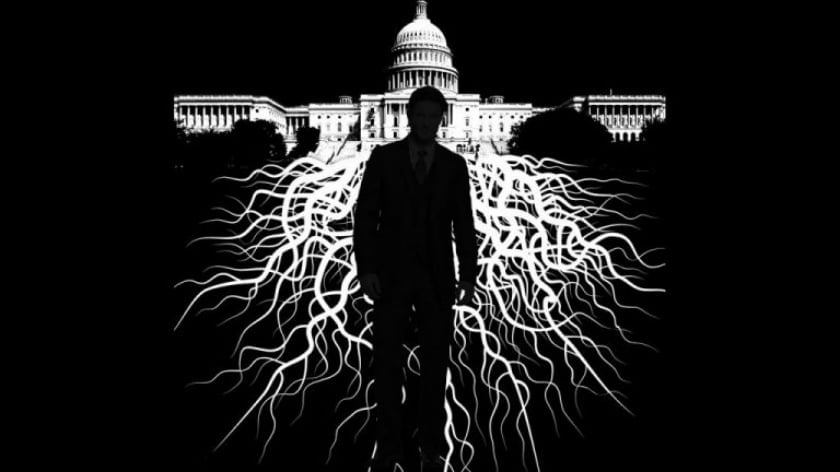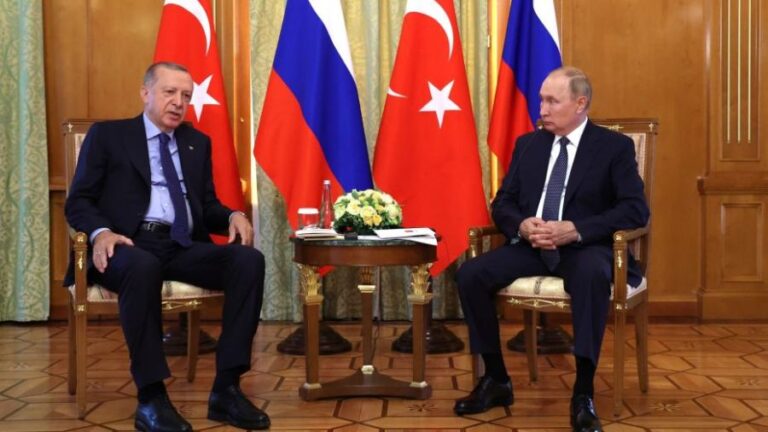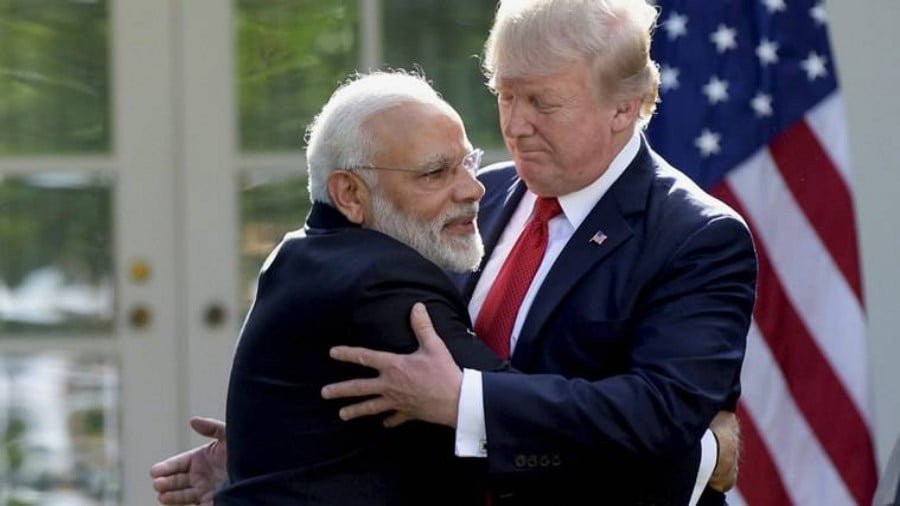Russian Diplomacy in Africa and Western Dictate
Sergey Lavrov, Russia’s Foreign Minister, has already visited Africa twice in the last three weeks. The first tour, which began on January 23, included stops in diverse countries such as South Africa, Eswatini, Angola, and Eritrea. The second, from February 6 to 9, covered Mauritania, Mali, Sudan, and one Middle Eastern country, Iraq. Moreover, the Russian minister paid his first visits to two African countries, Eswatini and Mauritania, in the history of our bilateral relations.
One must admit that following the collapse of the Soviet Union, Africa lost the attention of the Russian leadership. Visits there were more of an exception than the rule. This was due to a variety of ideological and pragmatic reasons. Because Russia has chosen to integrate into Western civilization, Yeltsin’s leadership believed that the Soviet Union pursued an “ideologized” policy in Africa and promoted its socioeconomic and political model, and thus Russia should stay away from Africa. In 1992, a well-known person in the country, Vladimir Filippov, the future Rector of Peoples’ Friendship University of Russia, managed to have the name of the famous African politician Patrice Lumumba removed from the RUDN name!
The second, more mundane reason was that Russia was having a bad time back then; industry, science, education, and agriculture were collapsing because the planned mechanisms of economic management had failed, while the new, market mechanisms were just getting started, often in the most destructive way. Only a few Russian companies found the strength and resources, as well as the courage, to operate in the extremely difficult and risky African market. No more than thirty large companies, mostly involved in mining, were able to establish a foothold there.
Some of Moscow’s African friends felt betrayed and abandoned in these circumstances. The financing of a large number of major projects came to an end in the blink of an eye (and the Soviet Union was building 385 major industrial and infrastructure projects in 35 African countries at the start of “perestroika” and had trained some 600,000 people in industry, science, agriculture and other fields by that time). If Aeroflot’s planes were flying to most African countries by 1991, after that their number quickly declined until it was nil.
Many cultural centers were closed (there are only 8 of them); trade missions disappeared (there are only 4 left on the entire continent); and 10 embassies were closed by then Foreign Minister Andrei Kozyrev, known as “Mr. Yes,” as part of the “optimization” of foreign policy, despite the fact that they existed in almost all African countries before that.
It has not been easy to recover from these losses. The restoration of Russia’s position on the continent, where the Soviet Union had invested billions of dollars over the previous thirty years and where it had undeniable moral authority due to its consistent support for the struggle of African peoples for national liberation, against racism and apartheid, began only after Vladimir Putin took power. And not just during his first years in power, but especially since 2006, when Russian business began to pay attention to Africa and our trade turnover began to grow, which reached a record high though fairly modest $20 billion in 2018.
The decisive turning point in the new Russia’s relations with the African continent occurred in 2019, when the Russian president invited the heads of all African states recognized by Russia to Sochi, and the majority of them (45 heads of state and government) arrived in this southern Russian city.
Following this significant symbolic event, intensive delegation exchanges began, as did efforts to establish long-term economic cooperation, which were slowed by the coronavirus pandemic and the strict quarantine measures imposed.
And now that the pandemic has passed, trips by Russian statesmen, public figures, and parliamentarians have been revived, with Lavrov’s visits to African countries becoming, while not mundane, but more of a business as usual for Russian diplomacy.
They are in high demand. Russia and African states share similar views on democratizing international relations, ending the dictate of the United States and its European satellites in both political and economic fields, establishing equality and respect for sovereignty of states, and strengthening their independence.
Furthermore, the year 2022 demonstrated that, if not in their majority, then more than half of African states oppose Washington and Brussels’ illegal unilateral sanctions against Russia. Those who vote for anti-Russian resolutions with the West do so under enormous pressure from Westerners and seek contacts with Moscow at the first opportunity, as evidenced by visits by African foreign ministers to Moscow and Sergey Lavrov’s visits to a number of African capitals.
To say that this irritates Washington and Brussels is an understatement. They are well aware that closing the ring of isolation around Russia will be impossible without the support of African states, which hold 25% of seats in the UN and its specialized agencies.
That is why Western politicians continue to visit Africa indefinitely. The most notable of these has recently been a visit by US Secretary of the Treasury Janet Yellen, who traveled to three African countries between January 18 and 27: Senegal, Zambia, and South Africa. Her rhetoric suggests that following the December US-Africa summit (13-15.12.2022), Washington began to actively seek to dissuade Africa from any cooperation with Russia, combining threats and promises, as well as all manner of speculation about how to use the current situation in the interests of only the United States, not African states.
Yellen stated bluntly after her trip that she discussed sanctions against Russia in every country she visited on her African tour. “If African countries violate anti-Russia sanctions, Washington will respond quickly and decisively,” she said. Simultaneously, she dangled an illusory “carrot” in front of Africans, claiming that they could take advantage of the West’s “price ceiling” on Russian oil products to obtain significant discounts from Russia.
To summarize all of the actions taken by Americans on the African continent against Russia (which included not only ministers of the American administration, but also military and congressmen), their essence can be reduced to the following: achieving not just Russia’s political isolation, but also its expulsion from the markets it occupies, both in military and civilian products. In short, the United States, as always, while screaming murder about violation of international law and moralizing on “condemning Russia’s aggression,” will work to the benefit of its corporations, primarily military, and strengthen the United States’ wavering hegemony.
European diplomacy policies and actions differ little from those of the United States: the same impudence, bordering on rudeness, attacks on Russia for PMC Wagner’s activities (given that dozens of Western private military companies operate on the continent), attempts to discredit Moscow through an incessant propaganda campaign, blocking of Russian food and fertilizer supplies to the African continent, in parallel with supporting Kyiv in building relations with African leaders for the establishment of Ukrainian “grain havens” on the continent.
Despite the US and EU’s comprehensive and coordinated actions to isolate and oust Russia from the African continent, they have the opposite effect, as evidenced, in particular, by Sudanese authorities’ decision to ratify the agreement on the establishment of a logistical support point following Sergey Lavrov’s aforementioned visit to Khartoum. Also telling is the trade turnover between Moscow and African countries, particularly Egypt, which has increased to $6 billion.
Today, no one doubts that the United States’ further brazen and aggressive anti-Russian actions will cause even more allergy among African states than before, but will not impede the development of Russia’s multidimensional relations with the African continent and the second Russia-Africa summit scheduled for July 26-29 this year in St. Petersburg.







